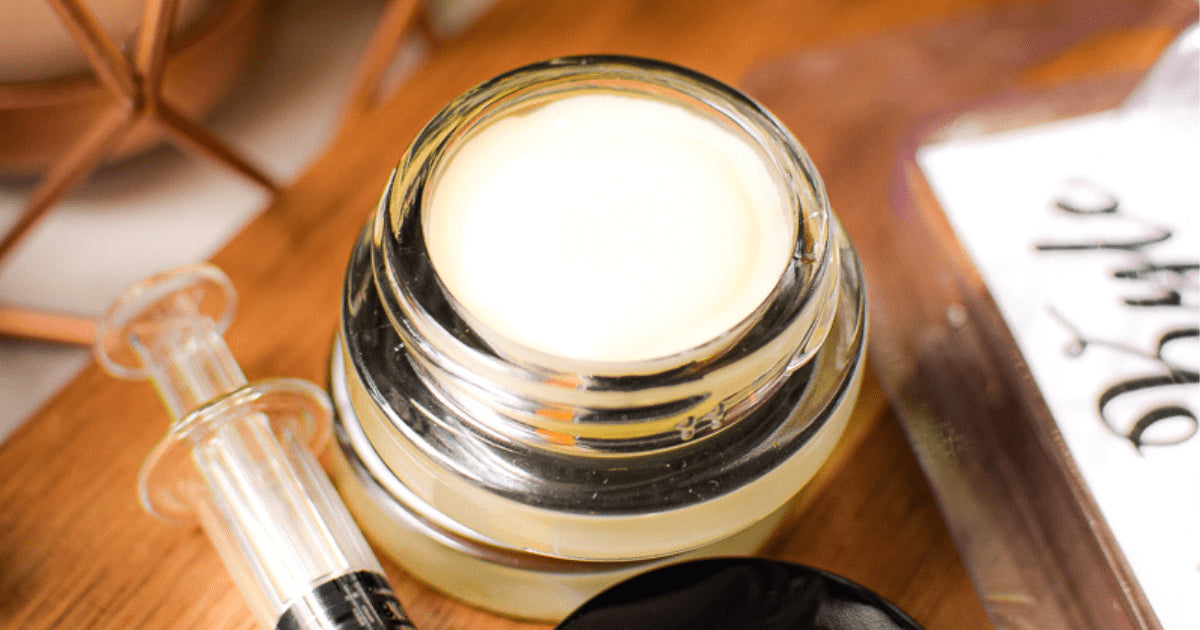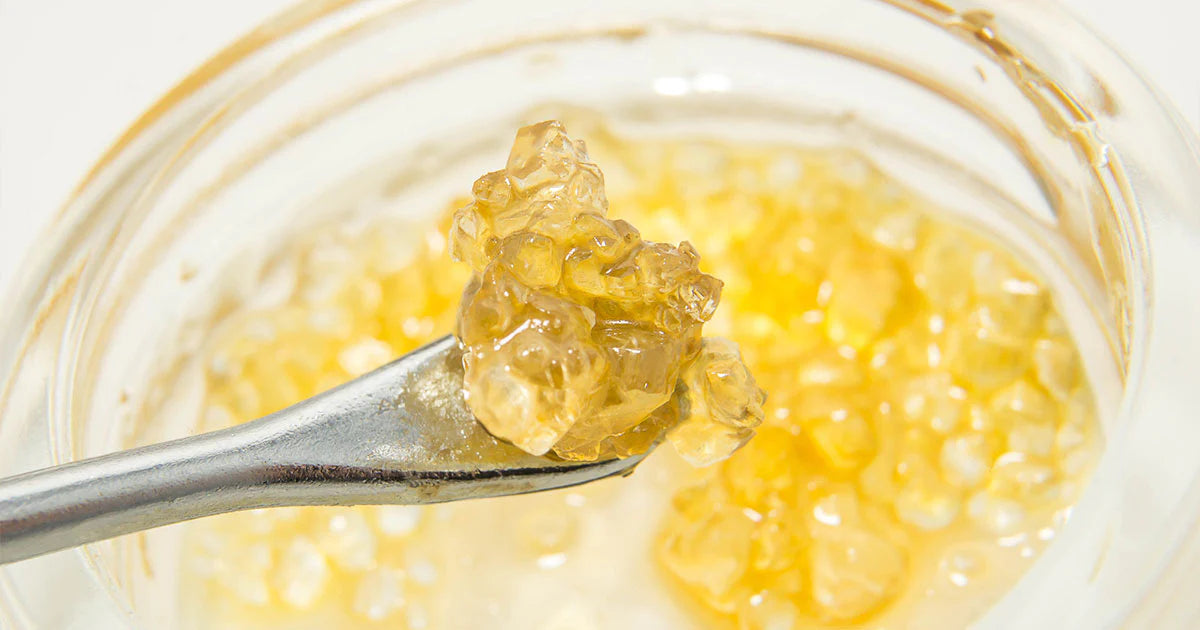
Legislators in Nebraska Agree to Tax CBD and Hemp Products at 100% To Help With Property Tax Offset
In a groundbreaking move that has sparked both curiosity and controversy, legislators in Nebraska have recently approved a bold measure to tax CBD and hemp products at a staggering 100%. The decision, aimed at offsetting property taxes, has ignited debates among stakeholders, ranging from farmers to consumers and policymakers alike. Let's delve into the intricacies of this decision and its potential implications for the state's economy, agriculture sector, and the burgeoning CBD industry.
The Path to 100% Taxation:
Nebraska's decision to impose a 100% tax on CBD and hemp products stems from a broader strategy to address the state's persistent property tax issues. With property taxes weighing heavily on residents and businesses alike, lawmakers have been actively seeking innovative solutions to alleviate this burden. The proposal to tax CBD and hemp products emerged as one such strategy, tapping into the growing popularity and profitability of the cannabis-derived market.
Impact on Farmers:
For Nebraska's farmers, who have increasingly turned to hemp cultivation as a lucrative alternative to traditional crops, the imposition of a 100% tax poses significant challenges. While hemp offers promising opportunities for diversification and revenue generation, the steep tax rate threatens to erode profitability and deter investment in this burgeoning sector. Moreover, with neighboring states adopting more favorable tax policies for hemp production, there are concerns that Nebraska's competitiveness may be compromised.
Consumer Considerations:
From a consumer perspective, the prospect of a 100% tax on CBD and hemp products raises questions about affordability and accessibility. With demand for these products on the rise due to their purported health benefits and therapeutic properties, such exorbitant taxation could potentially drive prices beyond the reach of many individuals. This, in turn, may force consumers to seek alternatives or resort to purchasing from unregulated sources, raising safety and quality concerns.
Navigating Regulatory Challenges:
In addition to economic considerations, the implementation of a 100% tax on CBD and hemp products presents regulatory hurdles and enforcement challenges. Given the complex legal landscape surrounding cannabis at the federal and state levels, ensuring compliance and preventing illicit market activity will require robust oversight and coordination among various agencies. Moreover, defining the scope of taxable products and distinguishing between hemp-derived CBD and marijuana-derived CBD adds another layer of complexity to enforcement efforts.
Industry Response and Adaptation:
In response to the proposed tax hike, stakeholders within the CBD and hemp industry are mobilizing to advocate for more balanced taxation policies. Industry associations, advocacy groups, and businesses are actively engaging with policymakers to voice their concerns and propose alternative solutions that support growth and innovation while addressing tax revenue needs. Furthermore, entrepreneurs and investors are exploring creative strategies to mitigate the impact of the tax increase, such as vertical integration, product diversification, and strategic pricing.
Looking Ahead:
As Nebraska moves forward with its plan to tax CBD and hemp products at 100%, the repercussions of this decision remain to be seen. While proponents view it as a necessary step to alleviate property tax burdens and generate much-needed revenue, critics warn of unintended consequences that could stifle economic growth, deter investment, and hinder consumer access. Ultimately, the success of this initiative will hinge on the state's ability to strike a balance between fiscal responsibility, regulatory clarity, and industry viability. Only time will tell whether Nebraska's bold experiment in cannabis taxation proves to be a boon or a bust for the state and its residents.
For wholesalers seeking to navigate Nebraska's evolving CBD and hemp market amidst the 100% tax initiative, D Squared WorldWide emerges as a trusted partner. Our brand offers premium quality CBD and hemp products, ensuring compliance and consistency. Contact us via our contact form to explore wholesale opportunities and secure competitive pricing.
Reference:
- Corroon, J. and Kight, R. (2018). Regulatory status of cannabidiol in the united states: a perspective. Cannabis and Cannabinoid Research, 3(1), 190-194. https://doi.org/10.1089/can.2018.0030
- Yang, M., Baral, N., Anastasopoulou, A., Breunig, H., & Scown, C. (2020). Cost and life-cycle greenhouse gas implications of integrating biogas upgrading and carbon capture technologies in cellulosic biorefineries. Environmental Science & Technology, 54(20), 12810-12819. https://doi.org/10.1021/acs.est.0c02816



